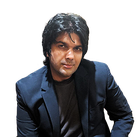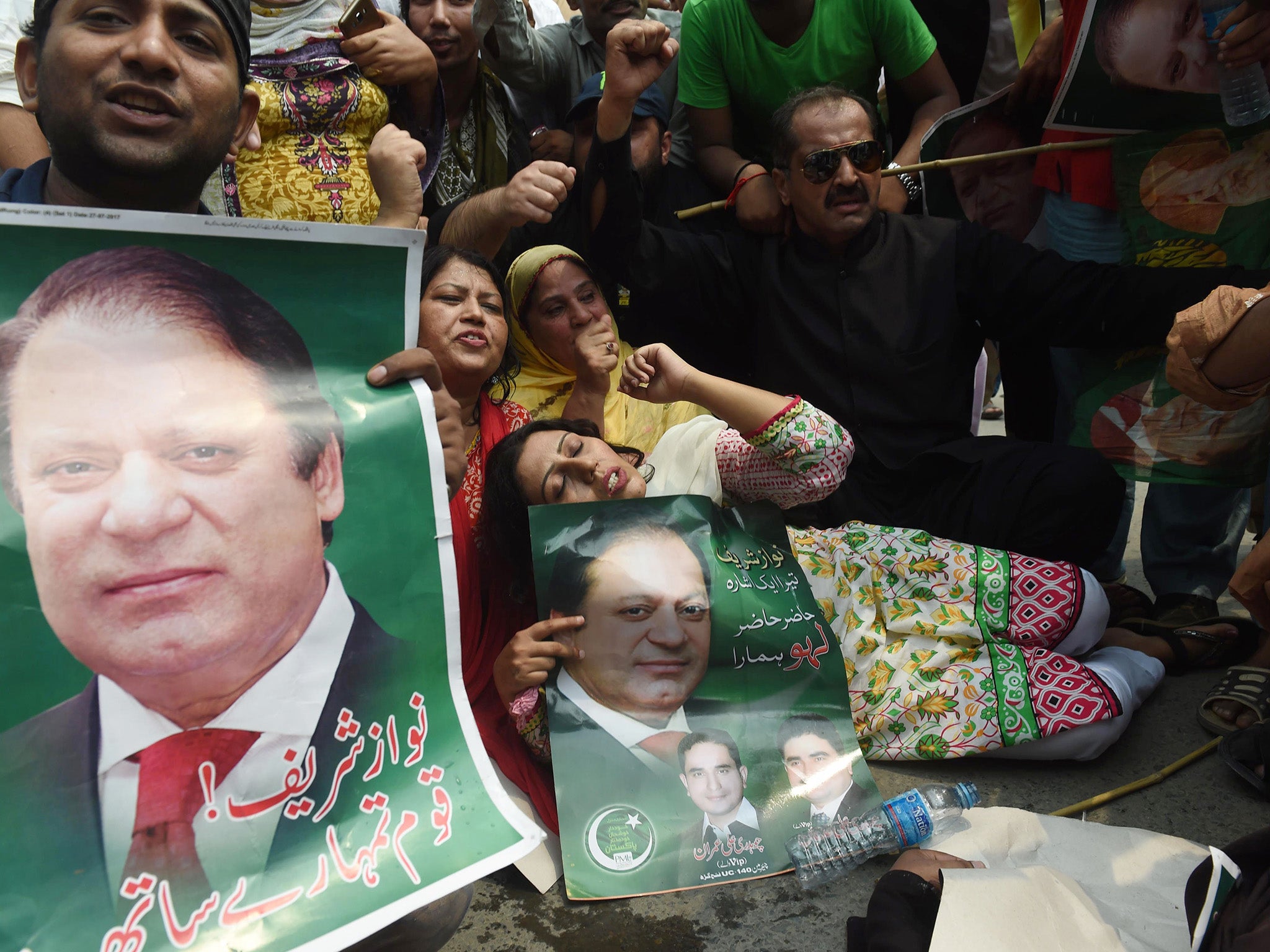The Independent's journalism is supported by our readers. When you purchase through links on our site, we may earn commission.
The ousting of Nawaz Sharif is a double-edged sword for Pakistan
For a state that has been dominated by the military throughout its 70 year existence, yet another premature dismissal of an elected leader could reinforce the Army’s grip over the country’s fate


Your support helps us to tell the story
From reproductive rights to climate change to Big Tech, The Independent is on the ground when the story is developing. Whether it's investigating the financials of Elon Musk's pro-Trump PAC or producing our latest documentary, 'The A Word', which shines a light on the American women fighting for reproductive rights, we know how important it is to parse out the facts from the messaging.
At such a critical moment in US history, we need reporters on the ground. Your donation allows us to keep sending journalists to speak to both sides of the story.
The Independent is trusted by Americans across the entire political spectrum. And unlike many other quality news outlets, we choose not to lock Americans out of our reporting and analysis with paywalls. We believe quality journalism should be available to everyone, paid for by those who can afford it.
Your support makes all the difference.Amid heavy security in the capital, the Supreme Court of Pakistan on Friday disqualified Prime Minister Nawaz Sharif over a corruption scandal that originated in last year’s Panama Papers.
While Sharif himself wasn’t mentioned in the leaks, his children were named with reference to properties they own in London.
But the ensuing investigation into the Sharif family’s assets, which proved that Nawaz had withheld his Dubai-based employment in his nomination papers for the 2013 general elections, has made him the second elected Prime Minister to be ousted over Panama Leaks after Iceland’s Sigmundur David Gunnlaugsson stepped down in April last year.
Nawaz Sharif’s disqualification comes a year before the next elections were scheduled, and means that not a single Prime Minister in Pakistan’s history has completed their five-year tenure so far. It is the third premature exit for Sharif alone, after being pressed into a resignation by the military establishment in 1993, and a full-blown Army coup forcing him into exile in 1999.
As the ruling Pakistan Muslim League-Nawaz (PML-N) picks its pieces and formulates a strategy for next year’s elections, beginning with nomination of the next Prime Minister, the Supreme Court verdict is a major triumph for Pakistan Tehreek-e-Insaf (PTI) chairman Imran Khan, who has spent the past four years actively campaigning for Sharif’s resignation.
While Khan would now feel vindicated in centring his politics around one man’s dismissal, he has long been outed as a stooge for Pakistan’s all-powerful military establishment by, among others, his own party’s former president. But Khan, himself batting a disqualification case in the Supreme Court, might also be forced out of contention for next year’s elections, under Articles 62 and 63 of Pakistan’s Constitution – the same clause that sunk Nawaz Sharif.
In addition to upholding a bona fide character certificate as a qualification requirement, Articles 62 and 63 also require any member of the parliament to comply with “Islamic Injunctions”. In a country marred by jihadism and abuse of Islamic laws, the Supreme Court’s verdict could be used as a reference point to trigger Articles 62 and 63 against future leaders who do not conform to the narrowest brand of Islam.
Should Khan become the clause’s next victim, it would only strengthen the sceptics calling Sharif’s dismissal an Army backed “judicial coup” that could weaken the PTI, now that the party no longer has any utility for the security establishment.
This would not only weaken democracy in a country that has been under the grips of military interventionism since its inception, it would also undo the economic progress that the state has made in the past four years.
Even so, the idea that the Army was decisively invested in the removal of Sharif is contentious. For, a hard coup is no longer on its agenda, and it already exercises complete control over issues that it historically wants to dictate.
These include no accountability over human rights abuses in Balochistan, continued confrontation with India, and an unflinching stranglehold over the defence and foreign policies.
It is this traditional standoff with the Army that Sharif might use to pose as a martyr, despite having already ceded most of the space to the military establishment, as a part of the PML-N’s campaigning for the 2018 elections.
Instead of self-portraying as democracy, Sharif could’ve set the right precedent by voluntarily stepping down – not as an admission of guilt, but simply because no official should simultaneously hold their office while under investigation at the apex court.
Now, he would play as big a part as any other individual or institution, in the inevitable instability that would ensue following his exit from the PM House.
For a state that has been dominated by the military throughout its 70 year existence, and where every military coup has been sanctioned by the judiciary, yet another premature dismissal of an elected leader – even if on perfectly legal grounds – could further tarnish the credibility of the civilian authority and reinforce the Army’s grip over the country’s fate.
Alternatively, with a growing media and rising international scrutiny, we could truly be witnessing a historically progressive development, which could eventually culminate in accountability for other institutions as well.
This is why Sharif’s ousting is a double-edged sword for Pakistan. On the one hand, it could bolster a culture of accountability and uproot the dynastic politics epitomised by the Sharif family, while on the other, it could pave the way for military autocracy, which has been largely responsible for policymaking that has made Pakistan the hub of terrorism, corruption and a governance nightmare.
While Pakistan’s calamitous past makes one of those possibilities border on delusional, with undemocratic elitist parties having been flagbearers of democracy for ages, even a self-purge among the civilian leadership would actually strengthen them to take on the more powerful state institutions – even if in the distant future.
Join our commenting forum
Join thought-provoking conversations, follow other Independent readers and see their replies
Comments